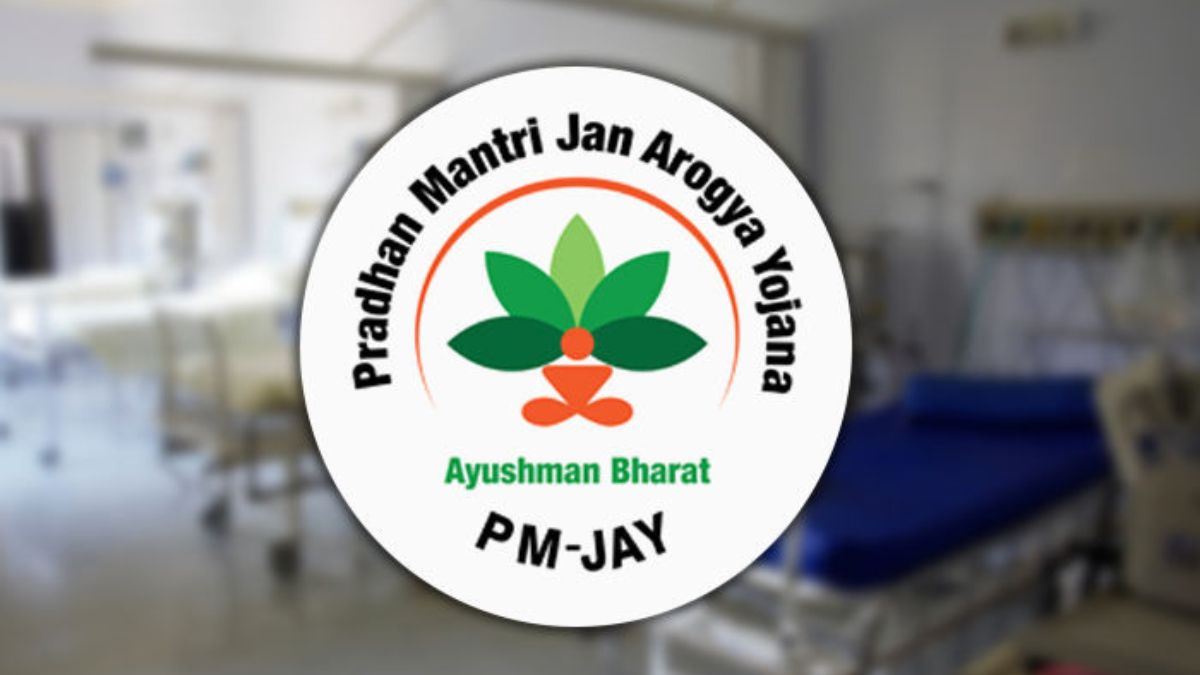New Ayushman Card Rule: Knee and Uterine Surgeries Limited to Government Hospitals
The new regulation aims to ensure that only medically necessary surgeries are performed, thereby preventing exploitation of the Ayushman Card scheme

Advertisement
GANDHINAGAR, GUJARAT : In a bid to curb the rising number of unnecessary surgeries performed in private hospitals, the government has introduced a new regulation under the Ayushman Bharat scheme. Effective immediately, knee-replacement, knee replacement revision, and uterine surgeries for individuals below 55 years of age can only be performed in government hospitals.
This measure has been implemented to address the alarming increase in joint surgeries, particularly among younger patients. Reports indicated that these surgeries, often deemed unnecessary, were being conducted at an increasing rate in private facilities. According to a health department source, the government observed that knee replacements, revisions, and hysterectomies were being performed on young individuals without sufficient medical justification.
Previously, these surgeries were permissible in private hospitals for patients of any age under the Ayushman card. However, a recent surge in such procedures among younger demographics prompted the government to issue a circular six months ago, mandating that these surgeries be restricted to government hospitals for those under 55.
Dr. H. P. Bhalodia, a Senior Joint Replacement Surgeon, highlighted the statistics behind this decision: “In the last five years, 15 to 20 percent of total knee-replacement patients are under 55 years of age. Additionally, 15 to 20 percent of young adults with rheumatoid arthritis and 60 percent of knee-replacement patients aged 45 to 60 years are women.” Dr. Bhalodia further noted that these surgeries were previously performed in private hospitals, but are now confined to government facilities for younger patients under the new rule.
The new regulation aims to ensure that only medically necessary surgeries are performed, thereby preventing exploitation of the Ayushman Bharat scheme. The health department hopes that by centralizing these surgeries in government hospitals, it can maintain stricter oversight and reduce unnecessary procedures.
The decision has led to mixed reactions among patients and healthcare providers. For instance, a concerned son of a female patient shared his frustration: “We have an Ayushman card, but two to three private hospitals in the city have refused to do the surgery as my mom is under 55 years of age. We were informed that if the surgery is to be done, it will cost one and a half to two and a half lakhs. Private hospitals told us that knee replacement surgery for patients below 55 years of age cannot be done with the Ayushman card.”
While the policy aims to protect patients from unnecessary surgeries and financial exploitation, it has also created challenges for those genuinely in need. Patients with severe arthritis who do not respond to pain-relieving injections and require surgery are now finding it difficult to get timely treatment. These patients, who previously relied on private hospitals for quicker and sometimes more affordable care, are now compelled to seek treatment in government hospitals, which may have longer waiting periods.
Despite these challenges, the government remains firm in its stance, emphasizing the need for this regulation to prevent misuse of public healthcare funds. The health department has assured that government hospitals are equipped to handle the increased load and provide quality care to all patients requiring these surgeries.
Advertisement

